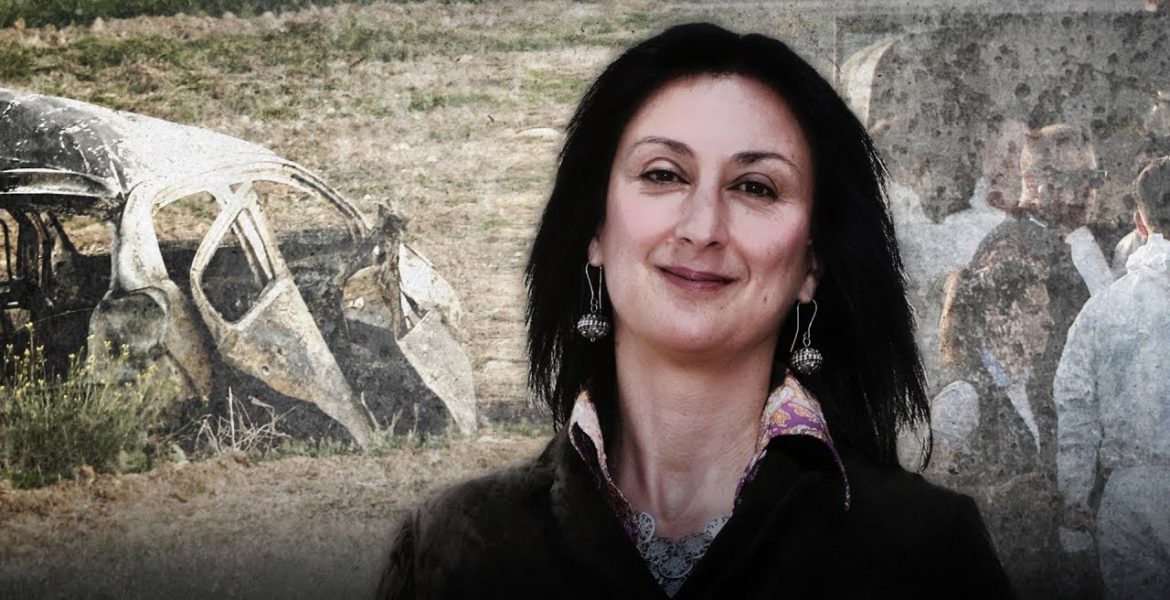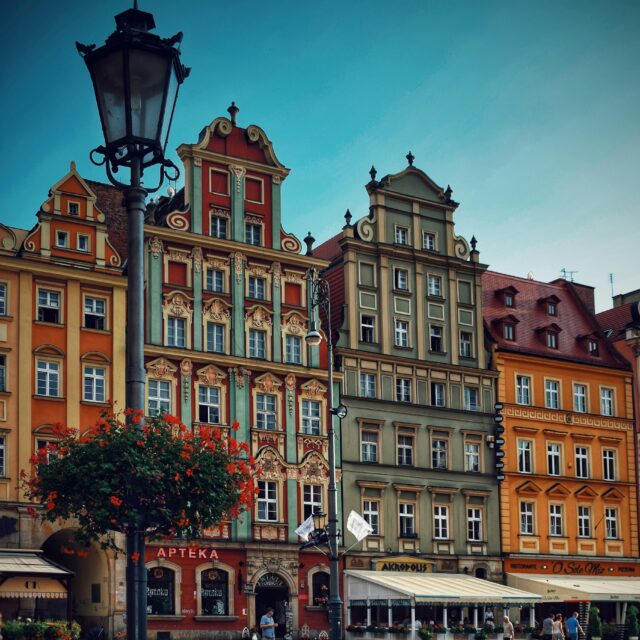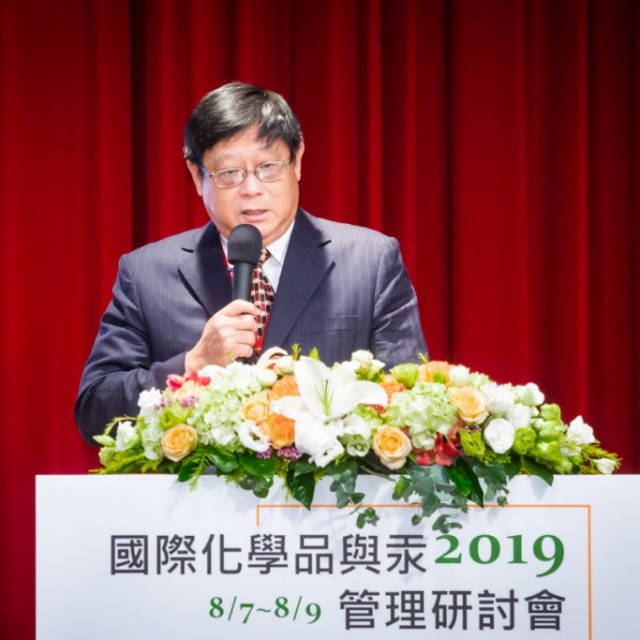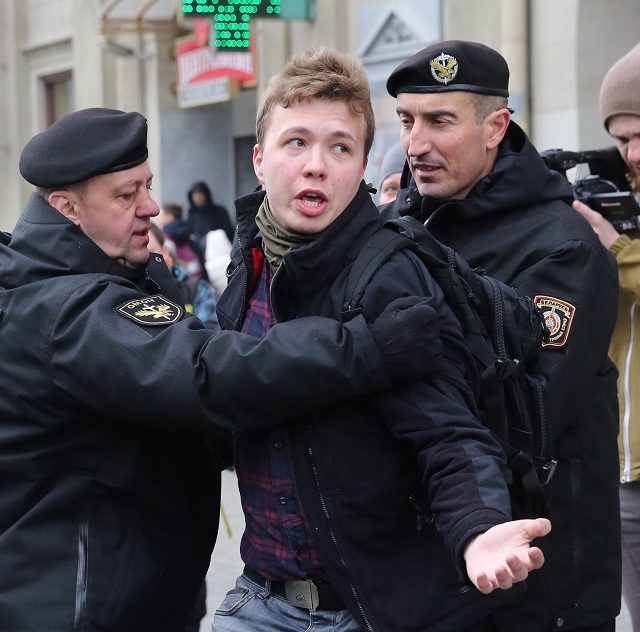A permanent independent body should be set up to investigate murders of journalists, it has been claimed, writes Martin Banks
The demand comes after the murders of three journalists in Europe so far this year, including Daphne Caruana Galizia, the Maltese reporter who was killed by a car bomb in the course of her investigation into alleged wrongdoing at the highest political circles in Malta.
Bulgarian journalist Viktoria Marinova was attacked while jogging in a park in her hometown of Ruse on 6 October. The young reporter, who was raped, beaten and died of suffocation, had been conducting research into the misuse of EU funds.
Slovak investigative journalist Ján Kuciak and his girlfriend, Martina Kušnírová were found shot to death in his home in February.
The most high profile case has been the murder of Jamal Khashoggi, a well-known journalist and critic of the Saudi government. He has never been seen since he walked into the country’s consulate in Istanbul for papers for his marriage.
A news briefing in Brussels on Wednesday heard that “little is ever done” once news about such atrocities fade from the headlines.
Arif Mammadov, a former ambassador, told the news conference at Brussels Press Club that a permanent body should be created to carry out independent investigations into such incidents. At present, he said such incidents were dealt with at national level and on a case-by-case basis.
Such a group, he said, might comprise senior lawyers and representatives from human rights organisations.
“Journalists are being killed simply for telling the truth or speaking out against rogue states. An independent investigative body is the only way such heinous crimes can be fully and thoroughly investigated,” said the former Azerbaijani diplomat.
He said it was “clear” the Khashoggi murder had been ordered at the “highest levels” of the Saudi government, a claim also asserted earlier this week by Turkish president, Racep Tayyip Erdogan. On Tuesday, Turkey released an audio related to the Washington Post’s murder which is said to contain appalling details of the crime.
The Canadian PM Justin Trudeau became the first western leader to confirm the tapes’ existence, telling reporters in Paris on Monday that Canadian officials had listened to them.
Mammadov, a keynote speaker at the briefing, said, “Khashoggi had not even been a harsh critic of the Saudi regime but had merely spoken out in favour of reform. In the eyes of the current regime though this made him an enemy of the state.”
Mammadov, who was speaking at an event to commemorate Khashoggi’s death and where a book of condolence was opened, also said EU member states such as the UK and France should consider an arms embargo against the Saudi regime.
German chancellor Angela Merkel has already said all arms to the Saudis will be suspended pending the outcome of the Khashoggi inquiry.
Mammadov is a former head of the Mission to the EU of the Jeddah-based Organisation of Islamic Cooperation.
The briefing comes after the European Parliament recently adopted a resolution which condemned “in the strongest possible terms” the killing of Khashoggi.
It also underlined the “importance of defending freedom of expression and freedom of the press, ensuring the protection of journalists and that threatening, attacking or killing journalists is unacceptable under any circumstances and a matter of the utmost concern.”
The resolution, backed by the majority of MEPs, said it was “still necessary to clarify exactly what happened” in the Khashoggi case.
More effort was still “needed and expected towards establishing the truth in a comprehensive, transparent and credible manner.”
MEPs urged that the investigation should be carried out “thoroughly until responsibilities are clearly established, and that proper accountability and due process should be ensured for any crimes committed.”
Meanwhile, Parliament said on Wednesday that member states’ “systematic failure” to apply EU rules on arms export controls should be addressed by a sanctions mechanism.
Despite commonly agreed rule setting the criteria on who could get an arms export licence, member states have systematically failed to apply them, said MEPs in Strasbourg.
Parliament is asking for a mechanism to enforce sanctions on EU members that break the rules.
MEPs highlighted some particular cases, such as most arms exports to Saudi Arabia getting a green light from EU member states, even though parliament says that arms exports to the country violated six out of eight criteria “thus undermining the entire European arms control effort.”
MEPs said that exported warships helped to reinforce a naval blockade on Yemen, while aircraft and bombs were fundamental to the air campaign, leading to the ongoing suffering of people in Yemen.
Deputies, in the resolution adopted in Strasbourg, applauded Germany and the Netherlands, which stopped selling arms to Saudi Arabia, and have criticised member states that have not yet done so.
MEPs also called for an embargo to all other members of the Saudi-led coalition in Yemen.
The Author, Martin Banks, is News Editor of EU Political report




